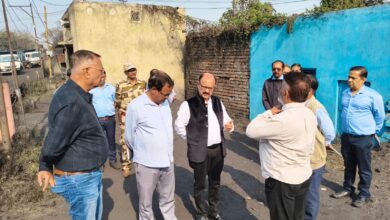Fossil Fuel Production to Exceed 1.5°C Goal by Over 100%: 2025 Production Gap Report
Most governments continue to expand coal, oil, and gas output, locking the world into a dangerous trajectory

The 2025 Production Gap Report, released by the Stockholm Environment Institute (SEI) and the UN Environment Programme (UNEP), paints a stark picture of the growing disconnect between climate commitments and governments’ fossil fuel production plans.
Key Findings
- Widening production gap: By 2030, governments plan to produce over 120% more fossil fuels than is consistent with limiting warming to 1.5°C, and 45% more than aligned with 2°C.
- Coal & gas expansion: Compared to 2023 estimates, planned coal production for 2030 is up 7%, while planned gas production is up 5%.
- Net-zero jeopardized: This overshoot will require even steeper declines in future fossil fuel production if the world is to reach net-zero greenhouse gas emissions in the second half of the century, as called for by the Paris Agreement.
- Evidence for transition: The report underscores that the social, economic, and environmental benefits of phasing out fossil fuels are stronger than ever.
Urgent Call for Action
The report warns that despite widespread net-zero pledges, most governments have not yet developed concrete strategies to wind down fossil fuel production. Instead, they continue to expand coal, oil, and gas output, locking the world into a dangerous trajectory.
As countries prepare to submit their third round of Nationally Determined Contributions (NDCs) under the Paris Agreement, the report stresses:
- Fossil fuel production cuts must be integrated into national energy transition plans.
- Global cooperation is essential to ensure a just and equitable transition away from fossil fuels.
Why It Matters
The IPCC has already warned that the window to limit global warming to 1.5°C is rapidly closing. Unless immediate steps are taken to align production with climate targets, the world risks overshooting critical thresholds, leading to irreversible climate and economic damage.
The writer of this article is Dr. Seema Javed, an environmentalist & a communications professional in the field of climate and energy




